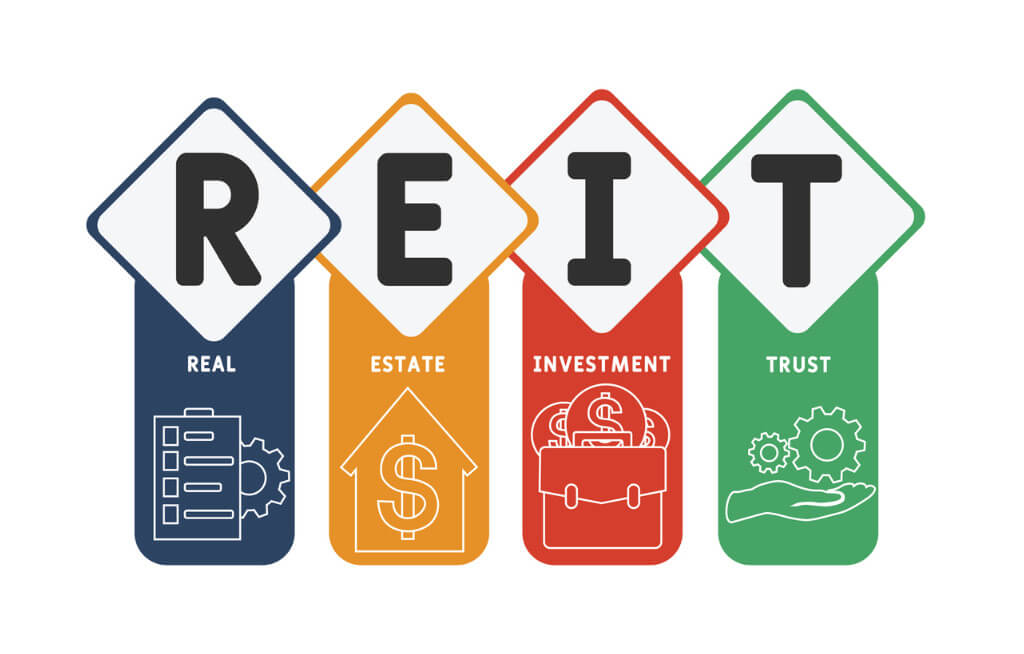Is it Safe to Invest in REITs? What are the Risks Involved
A Real Estate Investment Trust (REIT) is a company that owns, operates, or finances income-producing real estate across a range of property sectors. These can include office buildings, apartments, hospitals, shopping centers, hotels, and warehouses. Many real estate investors in the US choose to invest in REITs. However if you’re trying to get into real estate investing you may ask if it is safe to invest in a REIT and what are the risks. In this article we will go in-depth to find out what is a REIT and whether they are safe investments.
A Real Estate Investment Trust (REIT) is a company that owns, operates, or finances income-producing real estate across a range of property sectors. These can include office buildings, apartments, hospitals, shopping centers, hotels, and warehouses. Many real estate investors in the US choose to invest in REITs. However if you’re trying to get into real estate investing you may ask if it is safe to invest in a REIT and what are the risks. In this article we will go in-depth to find out what is a REIT and whether they are safe investments.
The Concept of REIT
The concept behind REITs is to allow individual investors to earn dividends from real estate investments—something that previously only large institutional investors could do. To qualify as a REIT, a company must comply with certain regulatory guidelines. These include investing at least 75% of total assets in real estate, deriving at least 75% of gross income from rents or mortgage interest, and being an entity that’s taxable as a corporation. Additionally, a REIT must be managed by a board of directors or trustees and have a minimum of 100 shareholders.
REITs sell shares to investors, which are then traded on major stock exchanges just like any other public stock. If you invest in a REIT, you’re purchasing a piece of a professionally managed portfolio of real estate. This setup eliminates the need for you to directly buy, manage, or finance properties. The structure of REITs is legally required to distribute at least 90% of their taxable income to shareholders annually in the form of dividends, making them a high-yield investment vehicle.








